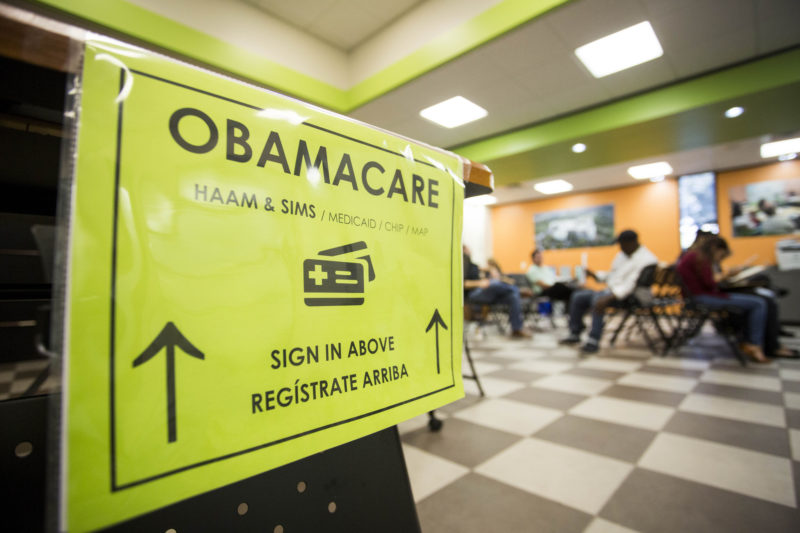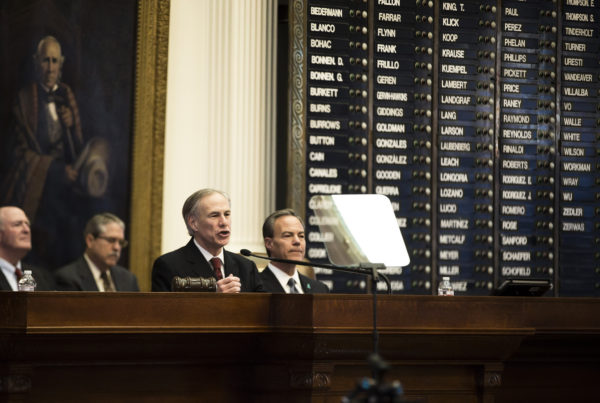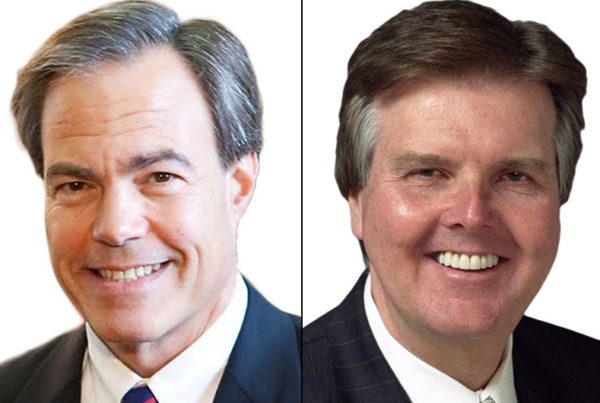It’s been seven years since Republicans rallied behind a mission that would go all the way to the Supreme Court and back – repealing the Affordable Care Act, also known as Obamacare.
The United States House scheduled a vote to replace the ACA with another bill that would gut some aspects of Obamacare and keep others. But the American Health Care Act sowed contention among the GOP and the House Republicans couldn’t come up with the votes and delayed the vote until Friday.
The last-minute move raises the question as to why leaders of the Republican Party seem to be having such a hard time with repeal and replace, given their control of both executive and legislative branches of government.
Chris Tomlinson, columnist for the Houston Chronicle, author and filmmaker, says the way the legislation is changing in order to get more votes is “fascinating”
“The party that once trumpeted personal responsibility – this idea that you have to take care of yourself, that you have to earn what you get in this world,” he says, “is taking away one of the fundamental ideas of the Affordable Care Act – which is that everyone needs to pay their share for health insurance.”
Republicans are also considering a system that would shoulder the burden of those who are uninsured.
“We’re going back in time to a period where no one is required to have health insurance,” Tomlinson says. “If they get sick, if they get cancer, if they’re in a car accident and they go to that emergency room – that it’s not going to be the government or the taxpayer who’s paying for their healthcare.”
Tomlinson says there’s a difference between ideology and politics. The Republican ideology is rugged individualism, but that’s not going to help them win any elections, he says.
“There were a lot of people who are angry about the government forcing them to buy healthcare,” he says. “That’s the number one thing that polls show that people do not like about Obamacare. So if I’m a smart politician, I’m going to rally to those people and give them what they want.”
President Donald Trump has been pressuring legislators to support the bill and take it to a vote, but has said that if a vote doesn’t happen Friday, Republicans will have to make do with Obamacare.
“He’s got a busy agenda planned and he doesn’t want to take one moment more on healthcare,” Tomlinson says. “No matter what happens with this vote, if it fails, if it succeeds, we’re looking at another seven months to a year of debate. Because either the House members go back and they try again and the Freedom Caucus brings their bill forward, or it goes to the Senate where the current version of the bill has absolutely no chance for success.”
Texas Republicans coalesced along idea of repealing the Affordable Care Act. But it’s possible the outcome of this vote could lead to a similar transformation to the party as the 2008-2009 rise of the Tea Party, Tomlinson says.
“The traditional chamber of commerce Republican is confused,” he says. “This is not the party that he or she thought that they were a member of. Trumpism is an extension of the Tea Party – it’s not the business-friendly, low regulation, low taxes that most older people have supported. It’s much more populist. So if Trump succeeds, yes I think it’s not going to be the pro-business party that most people are used to.”
Written by Beth Cortez-Neavel.

















